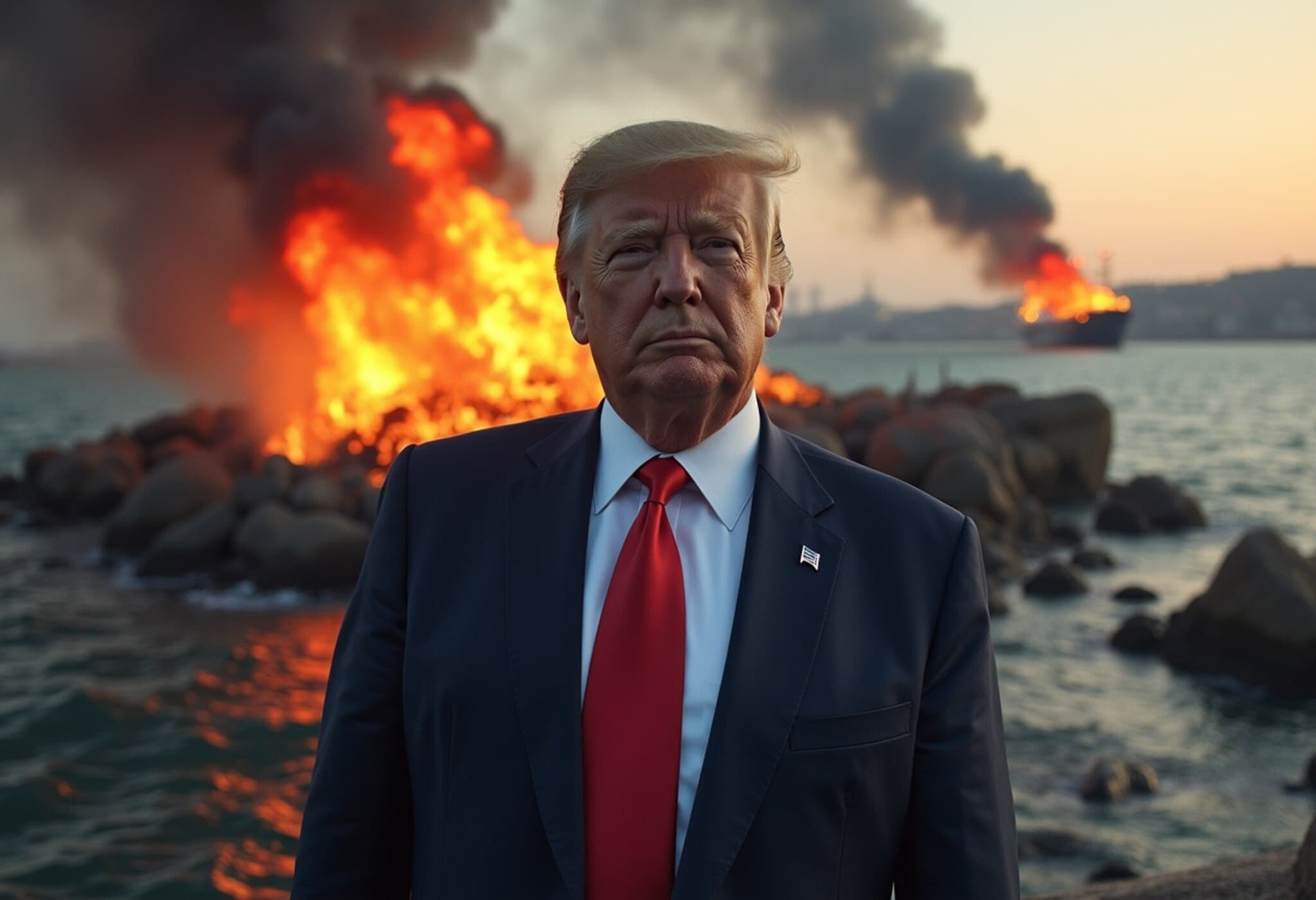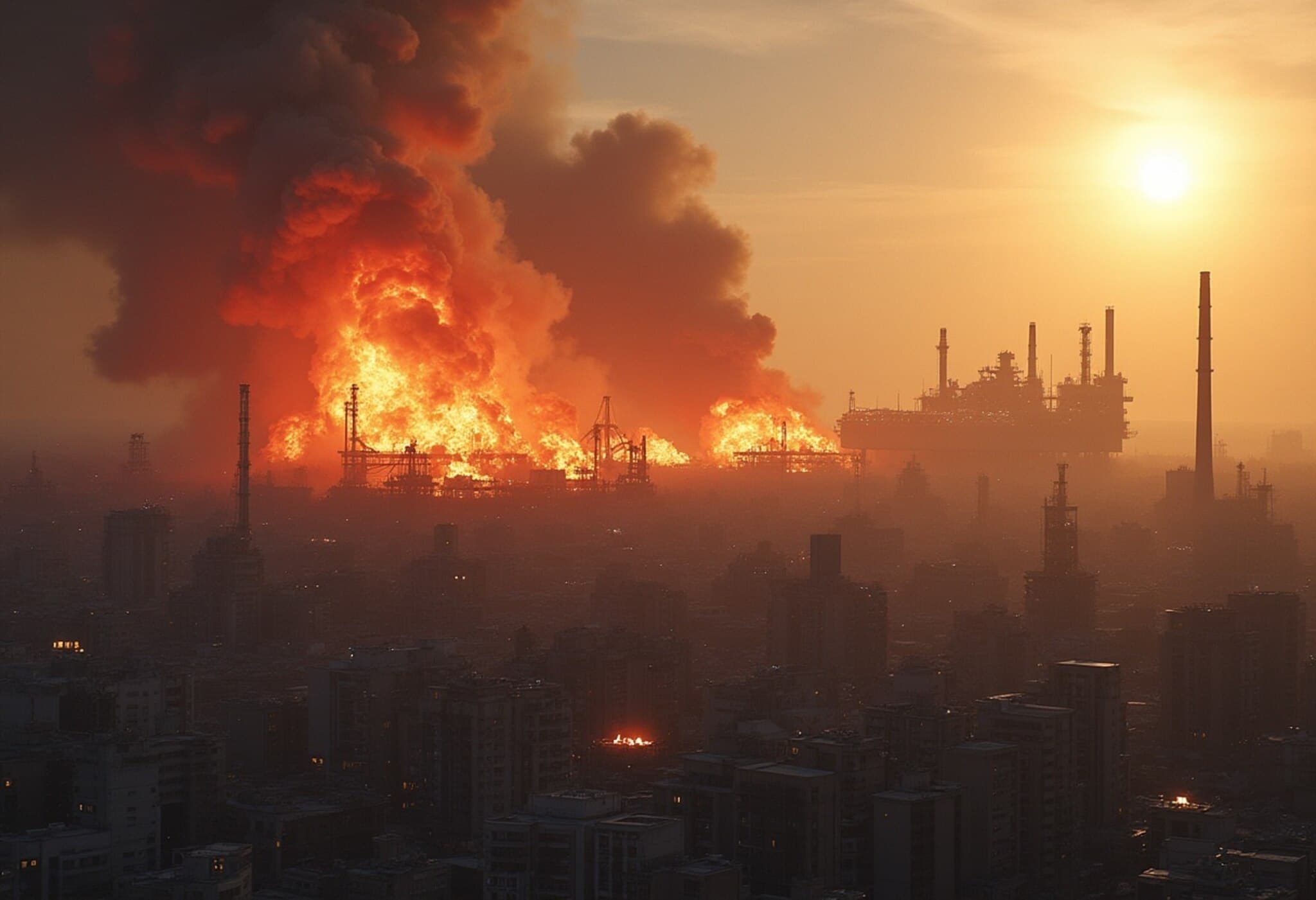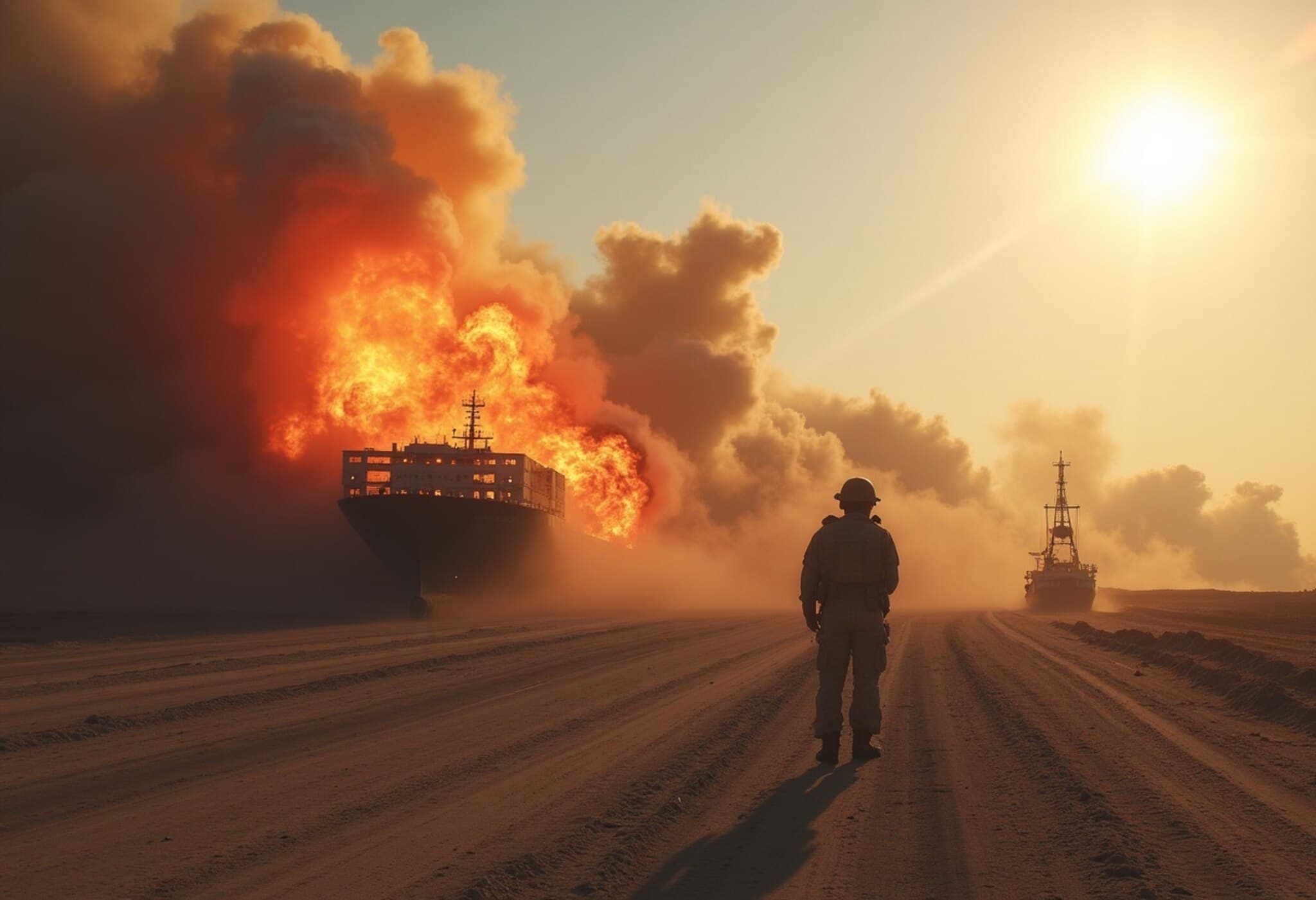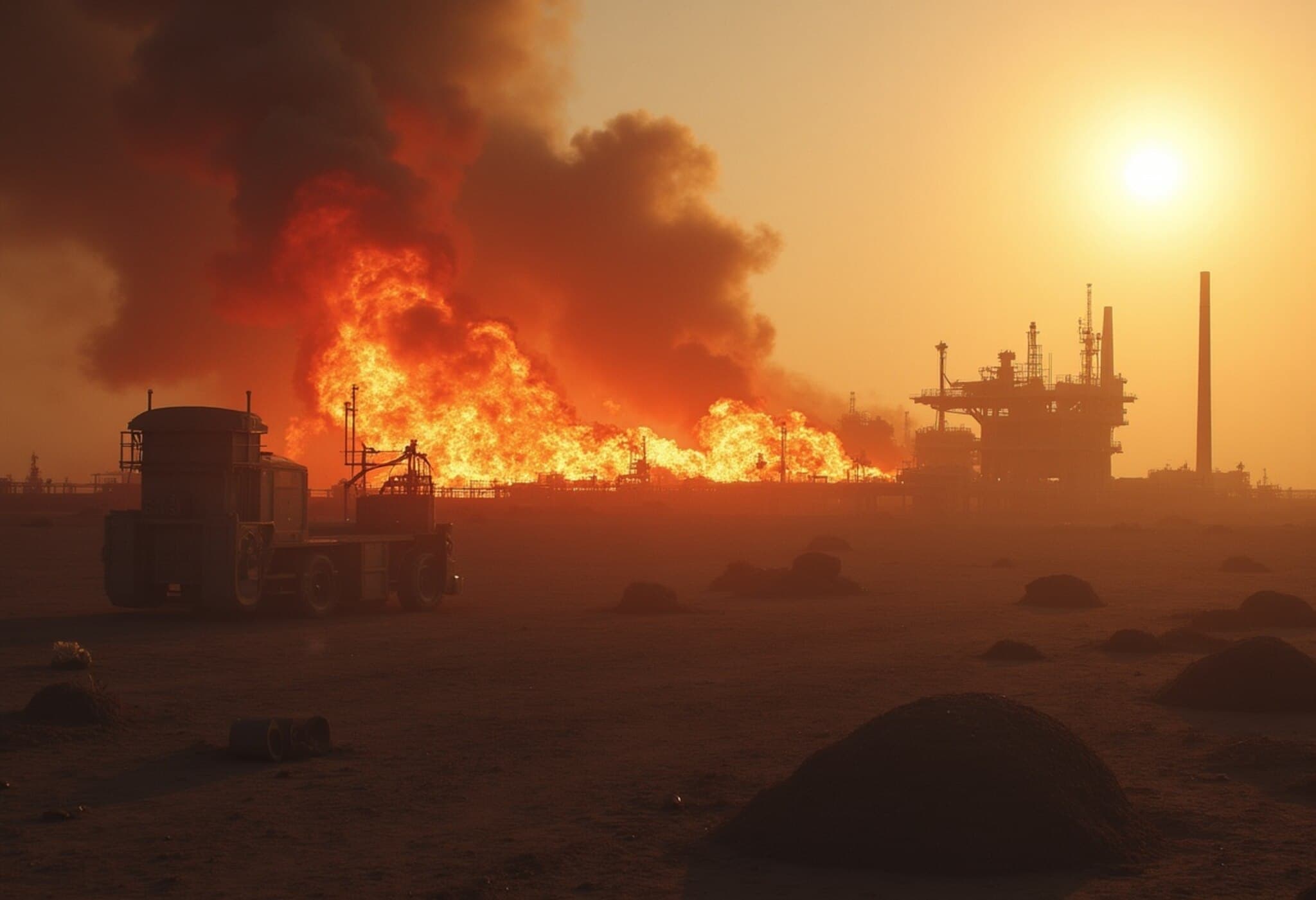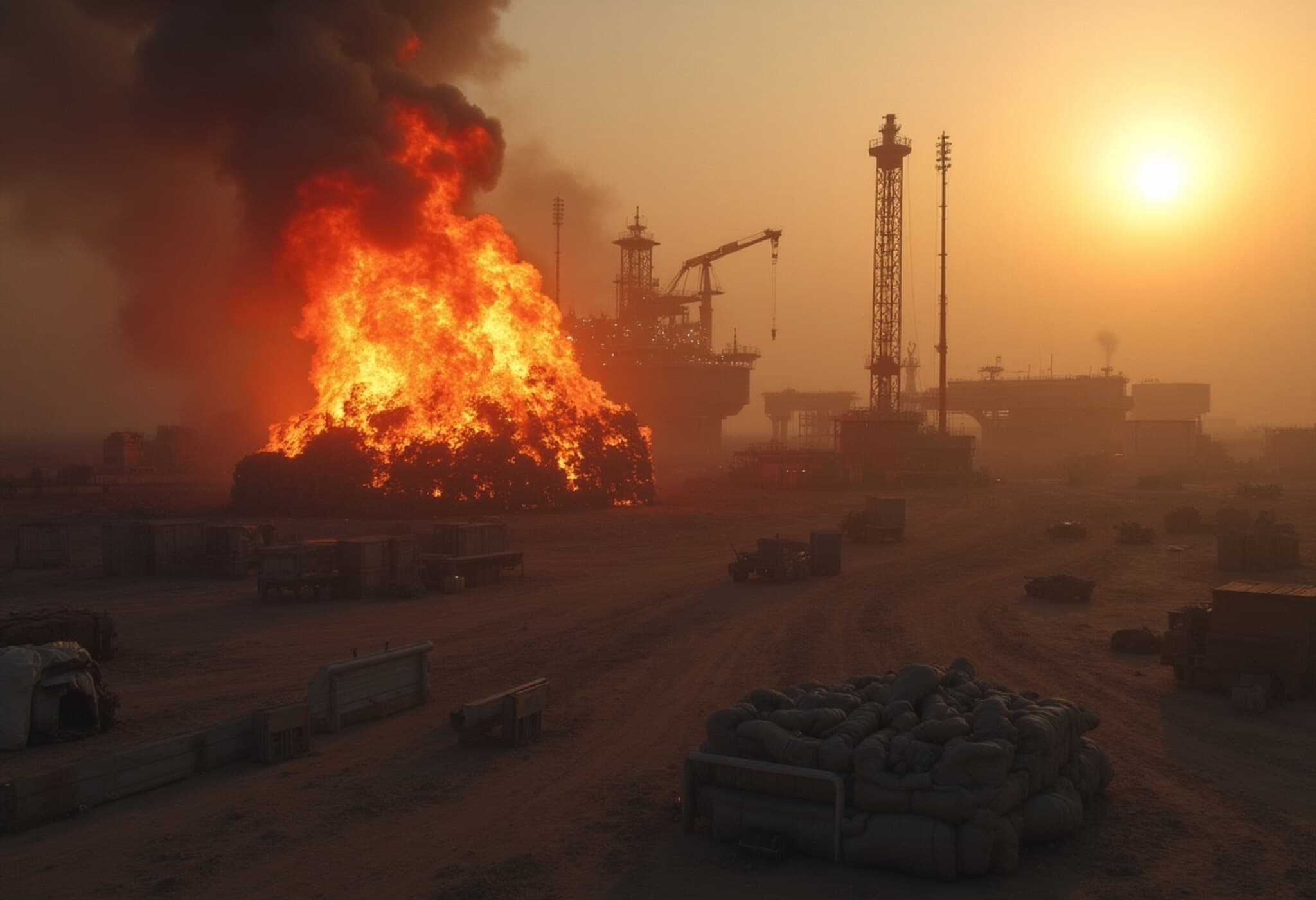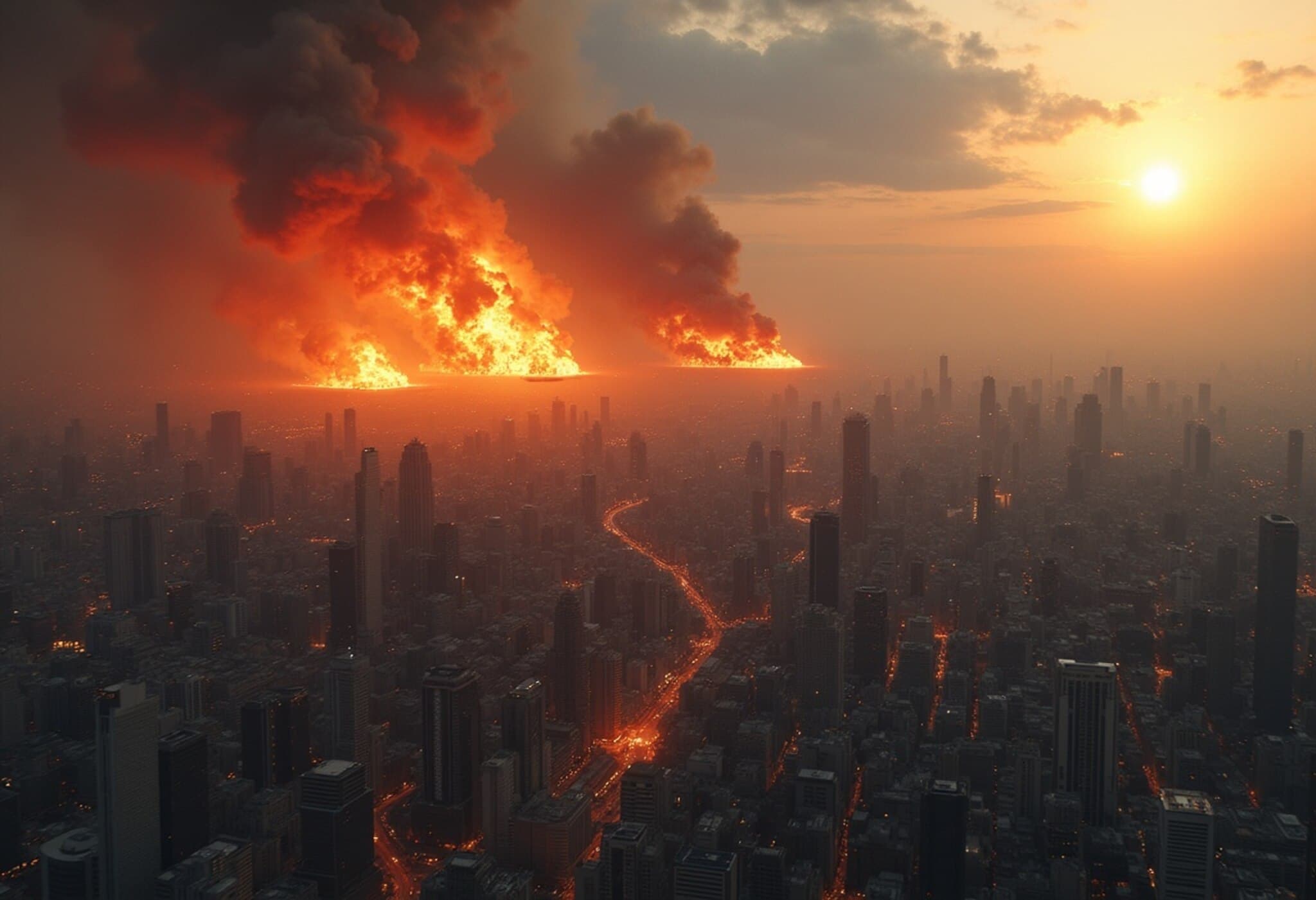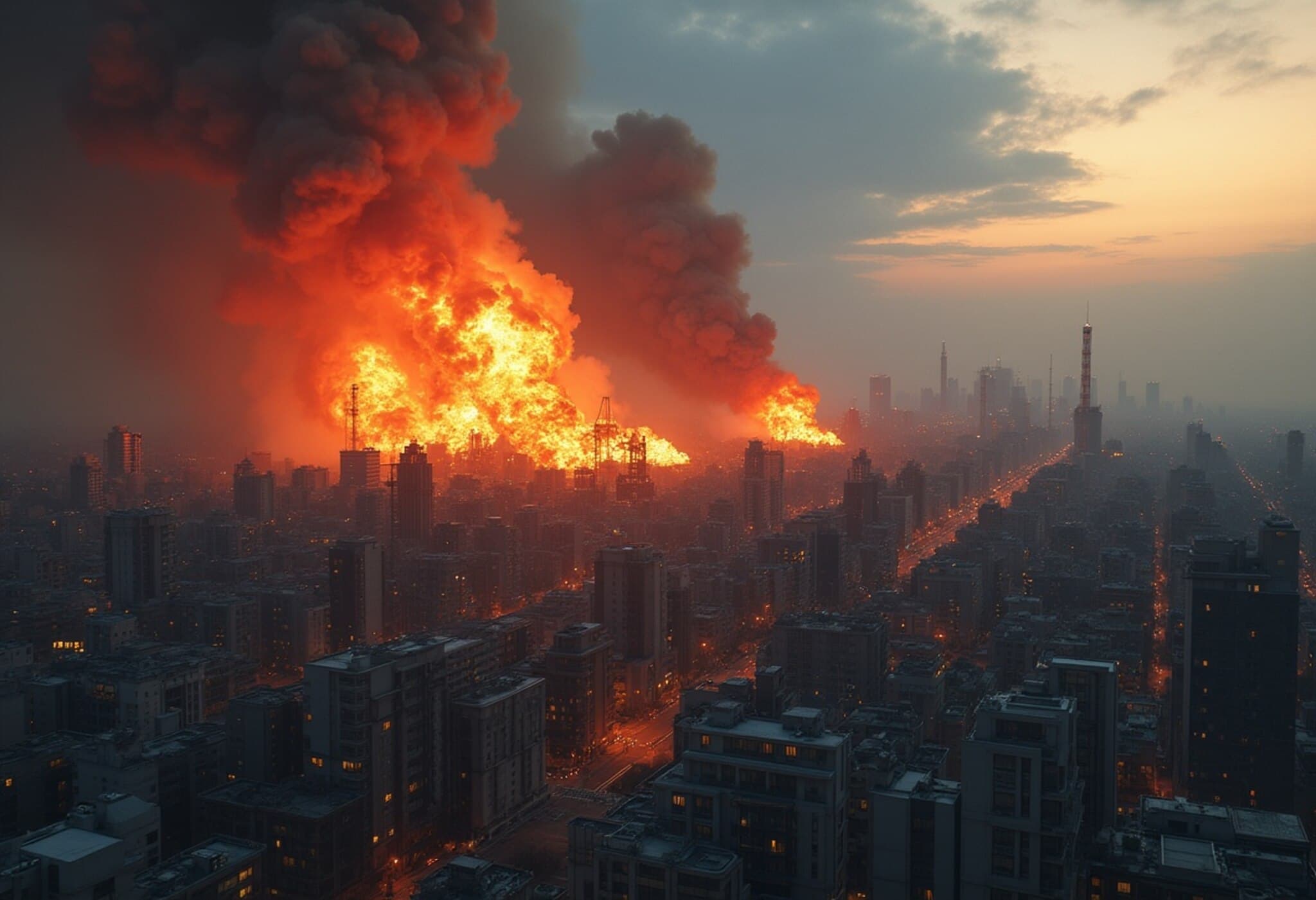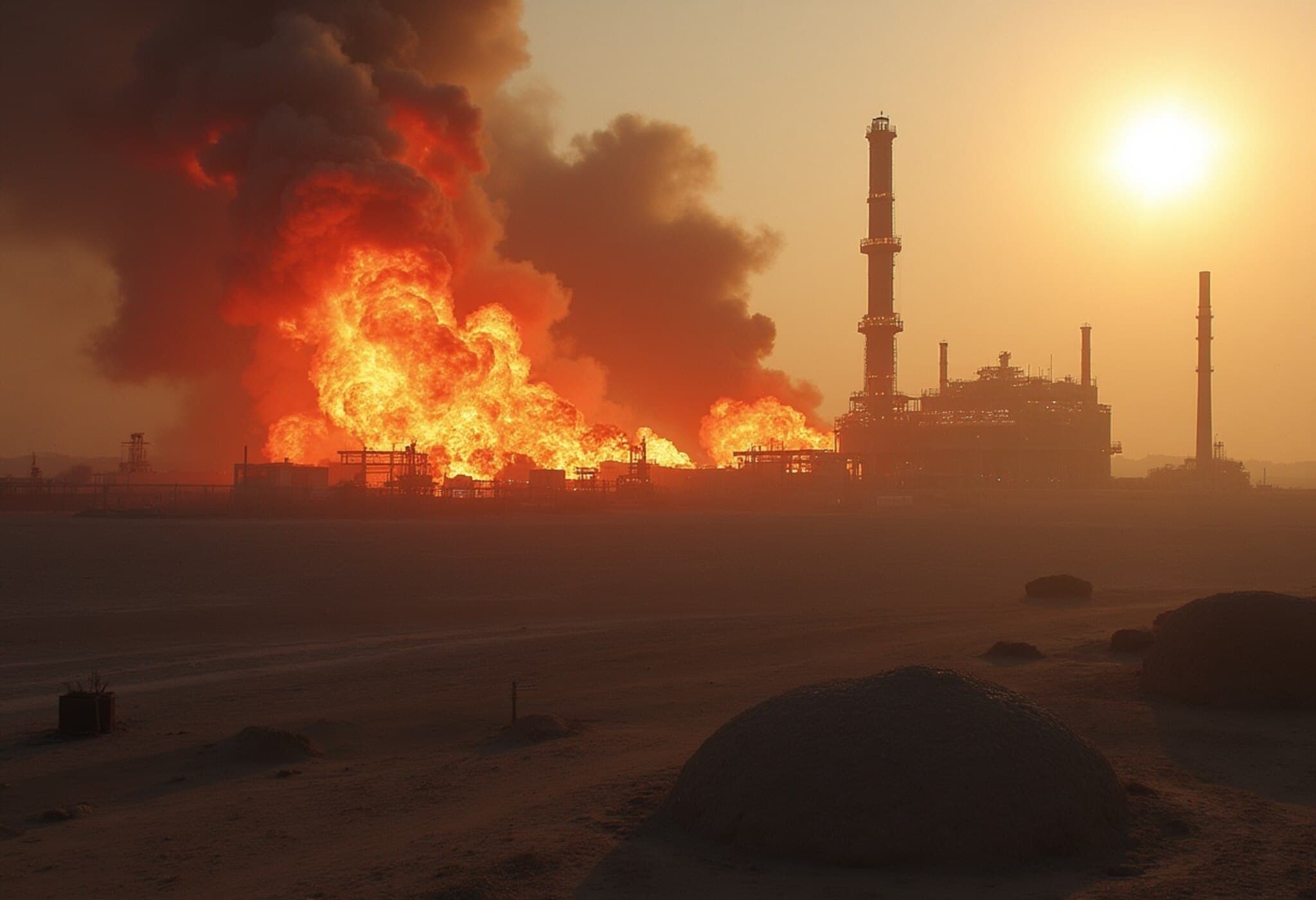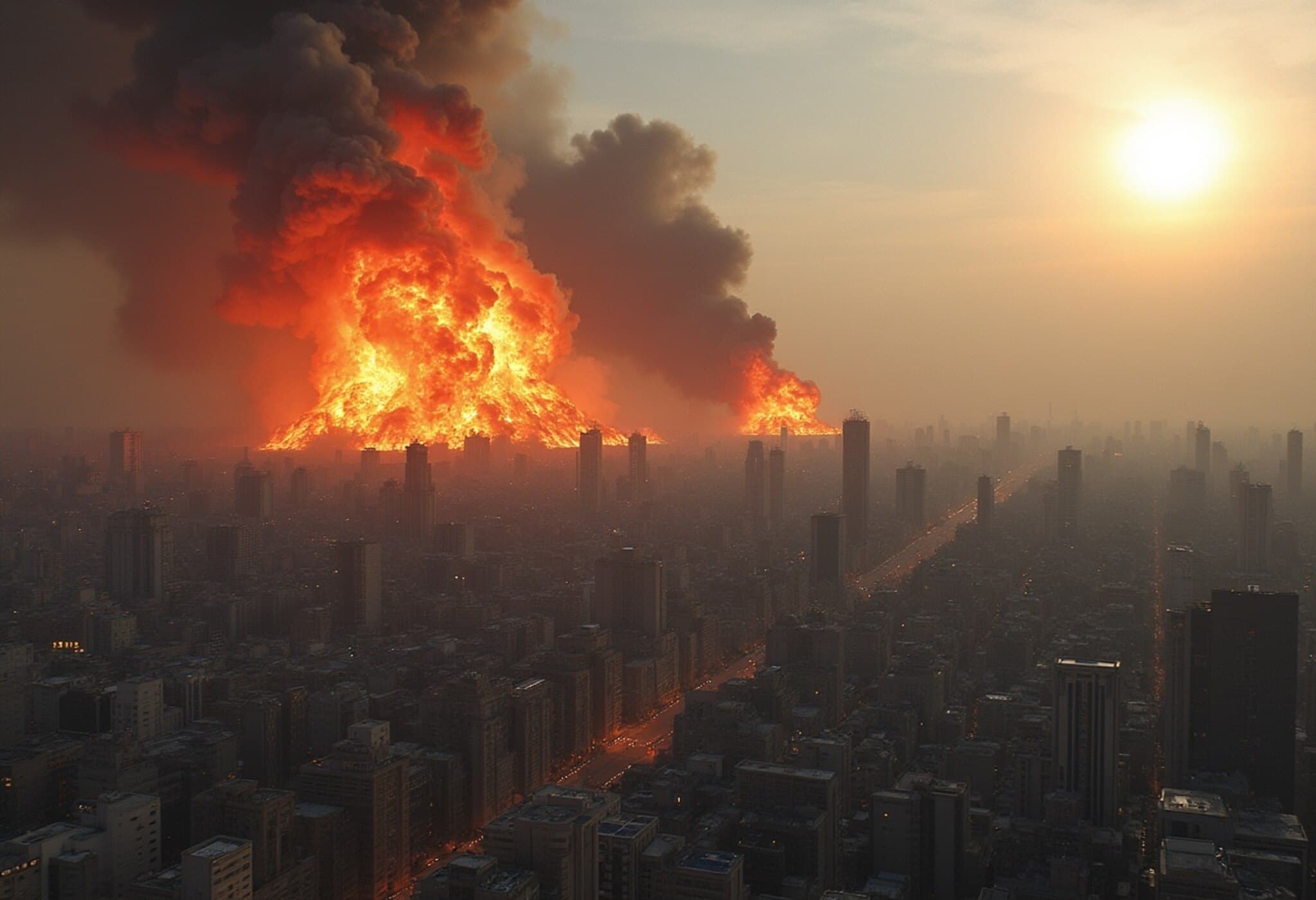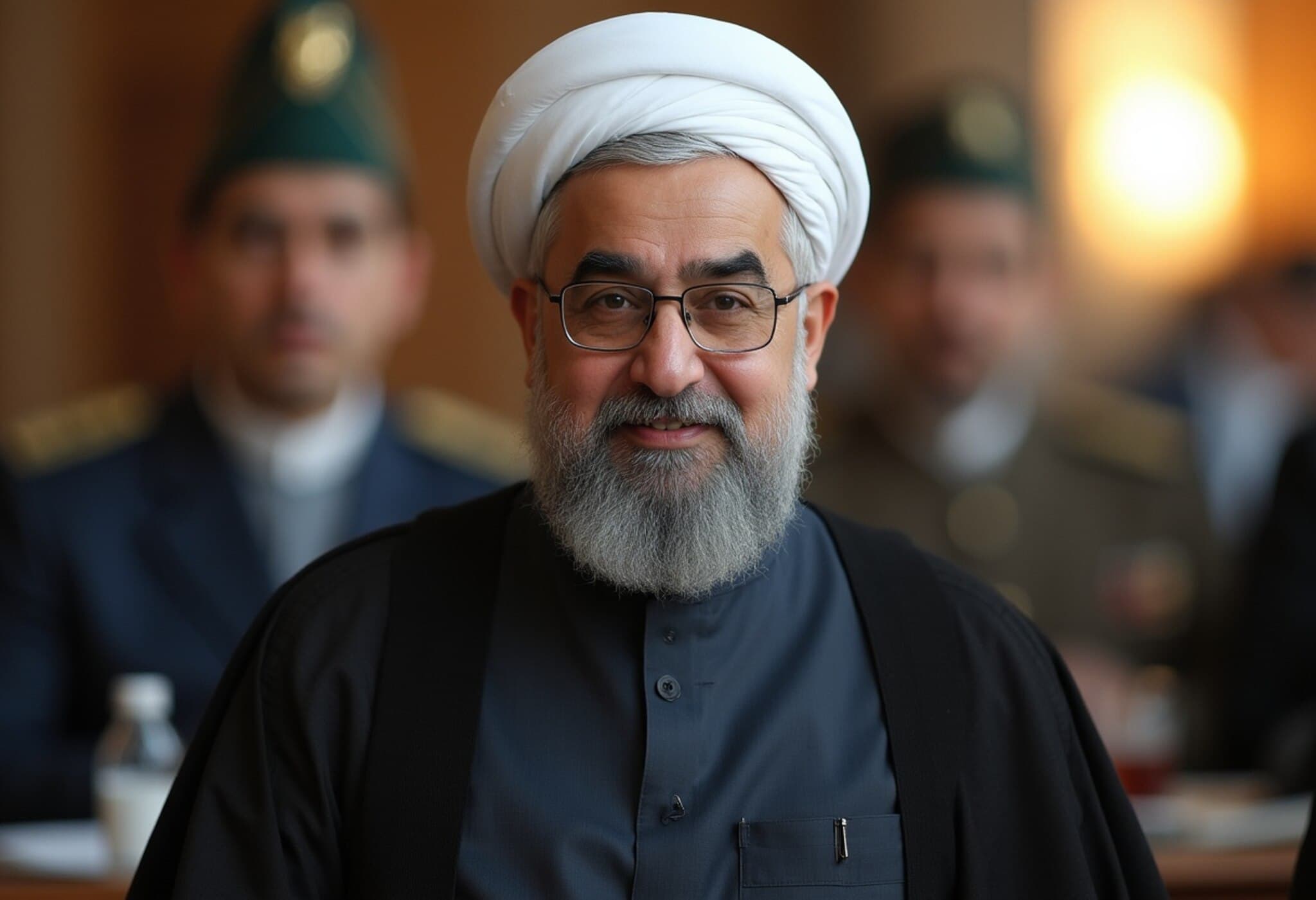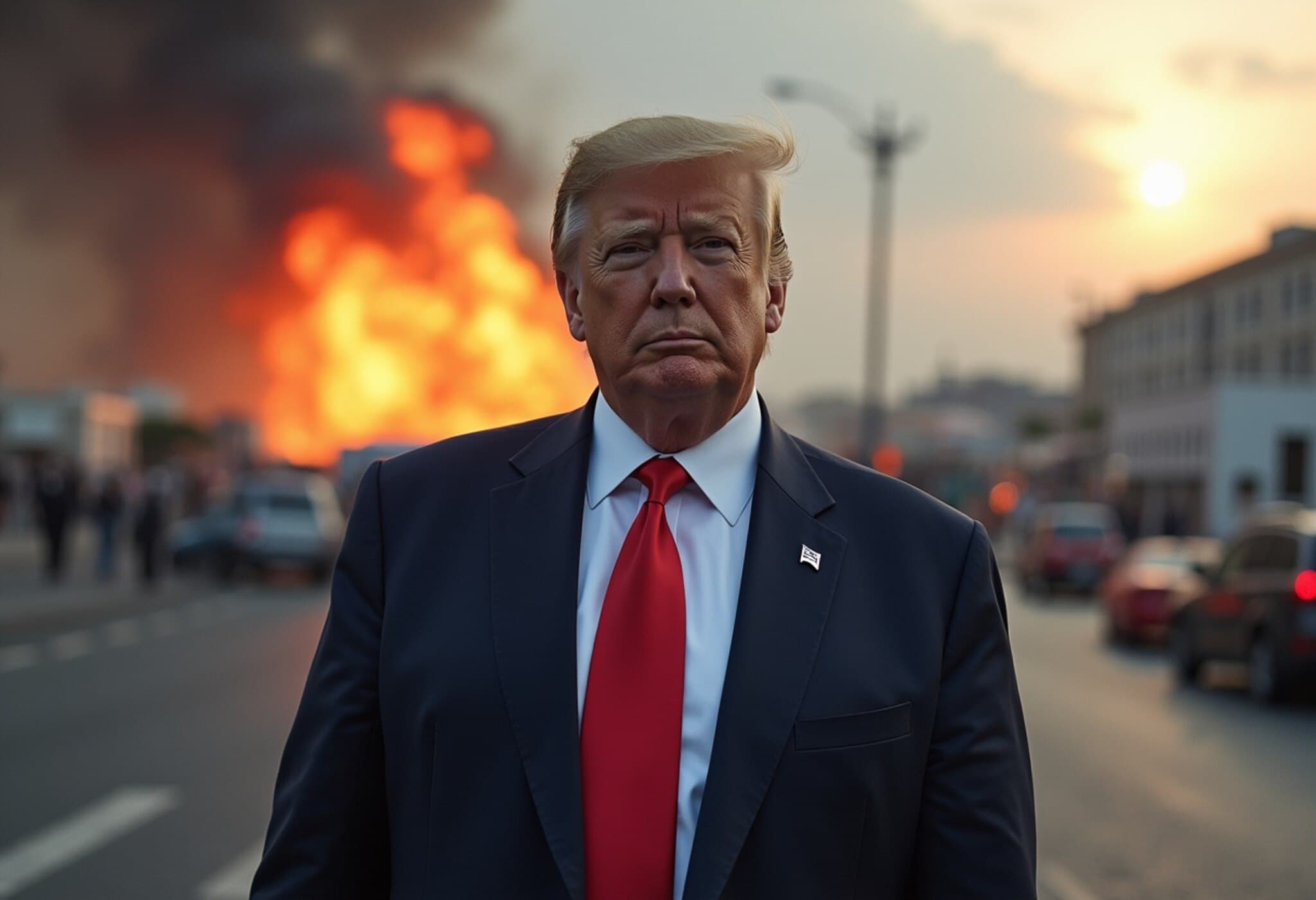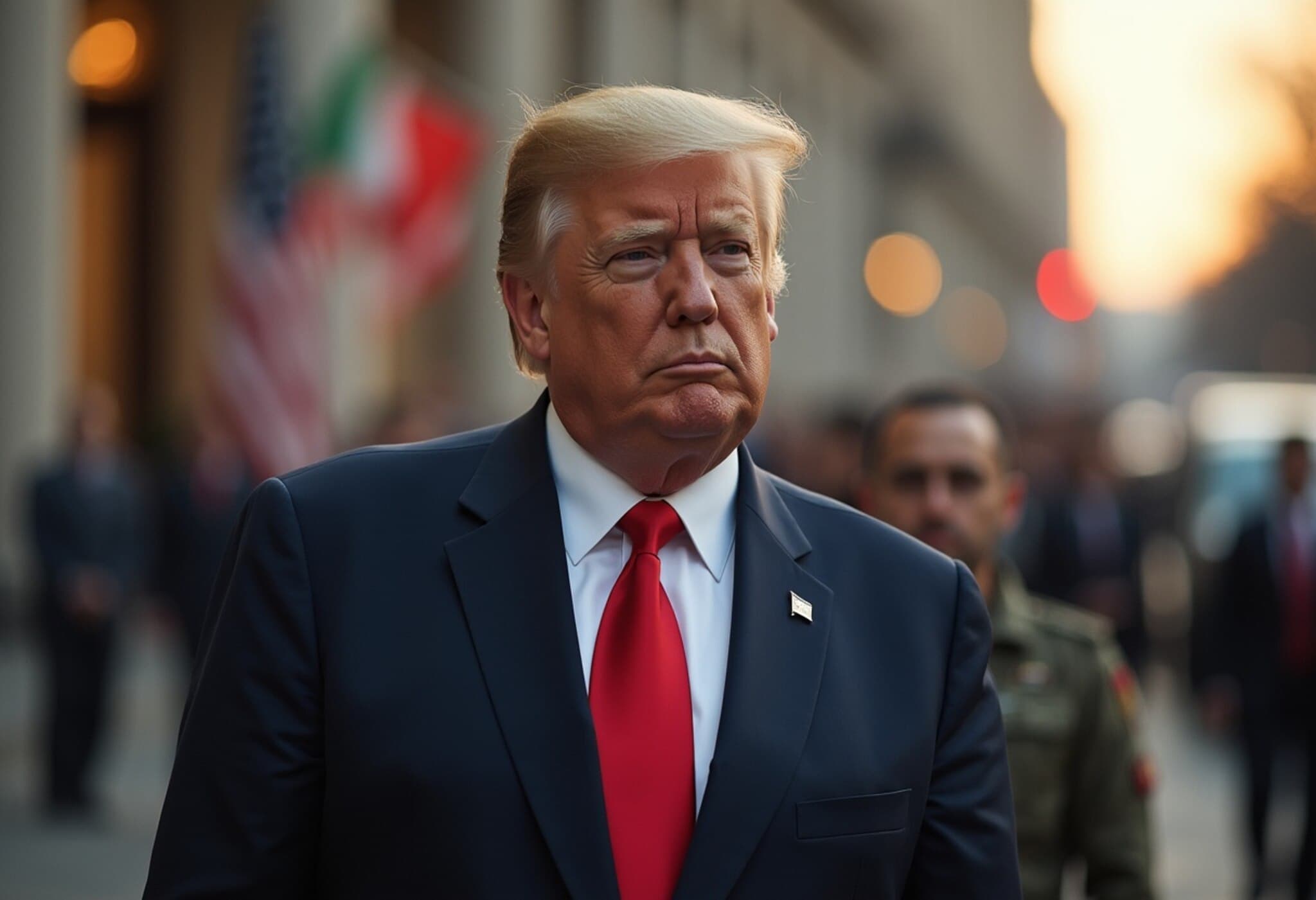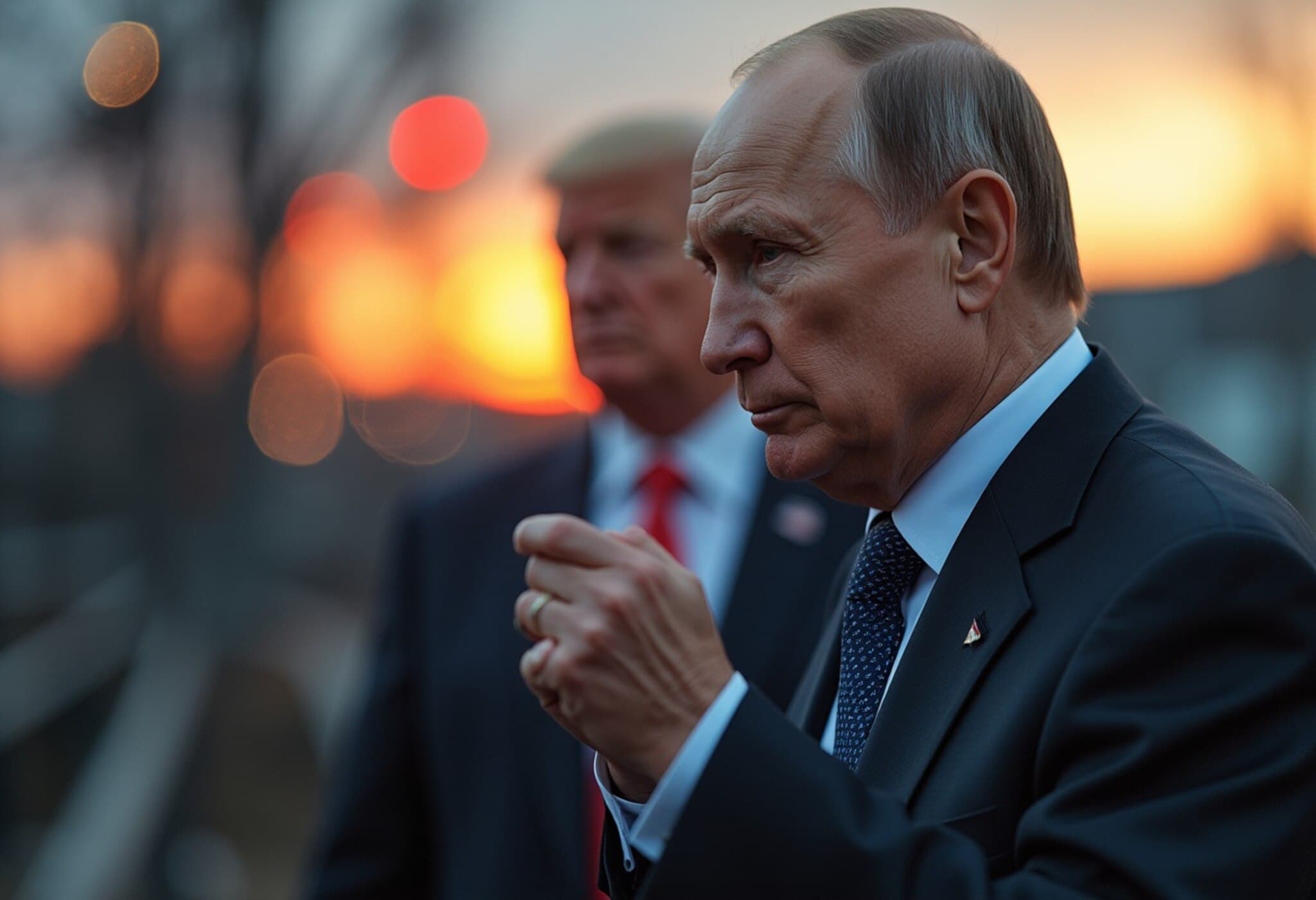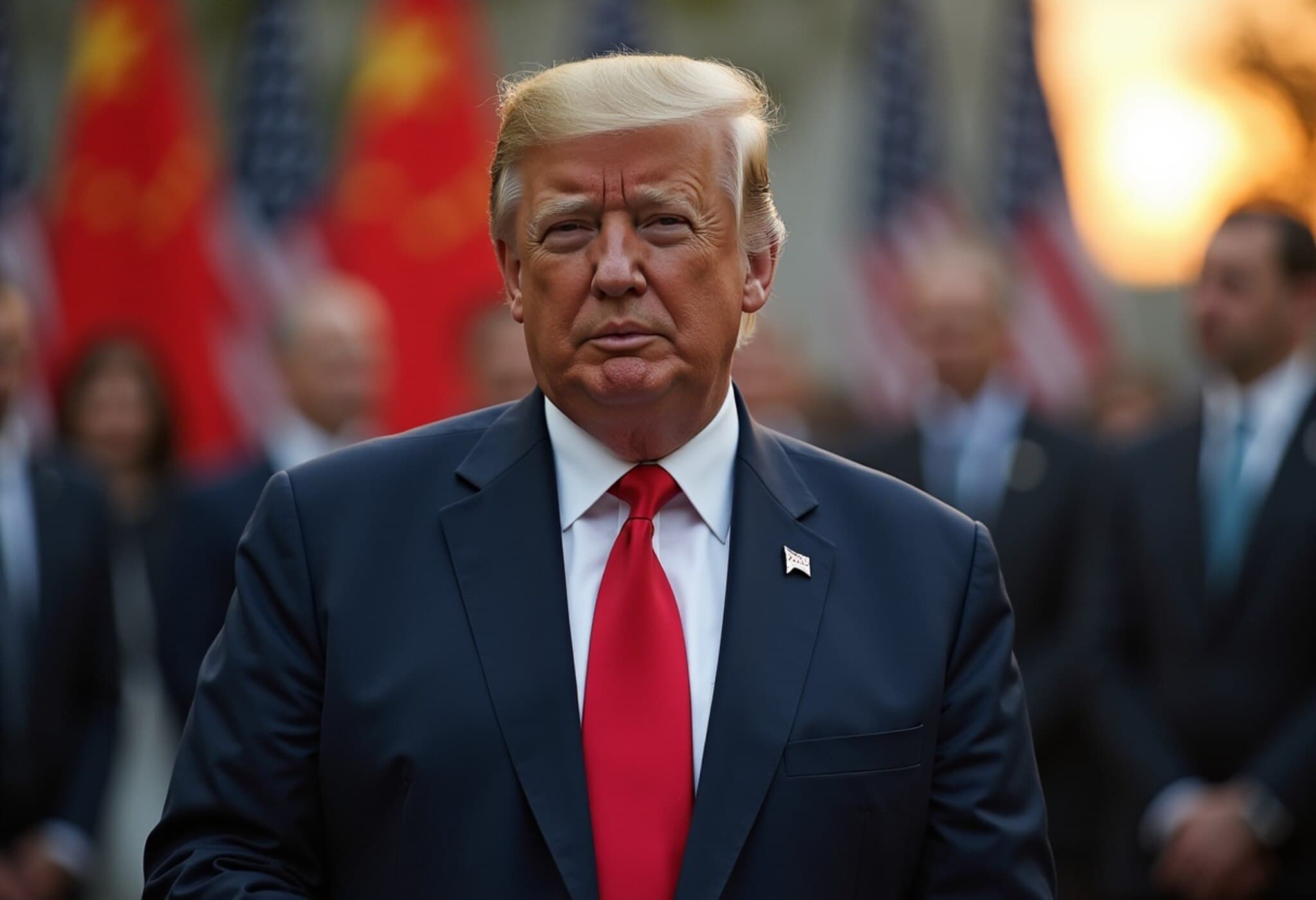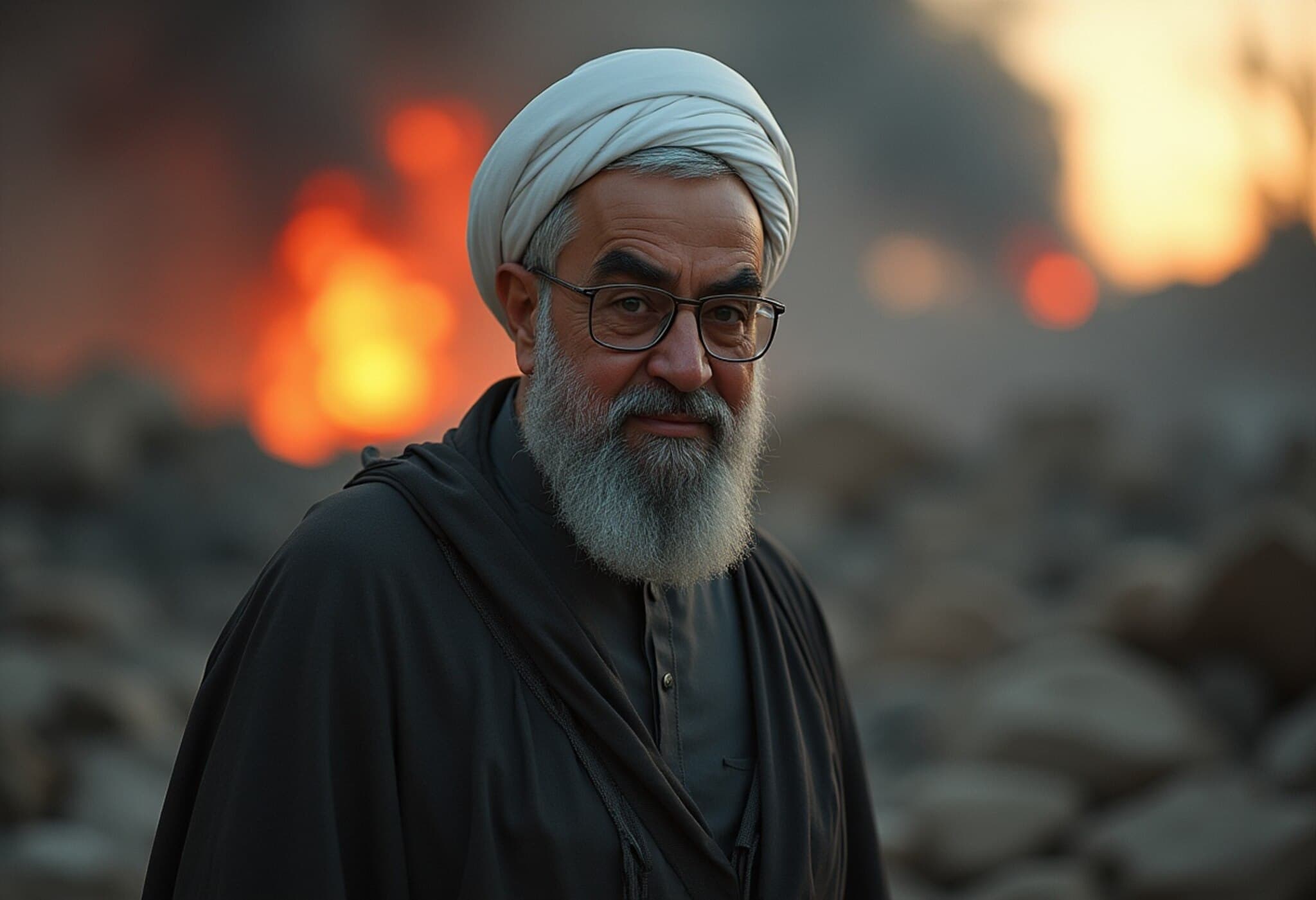Oil Prices Plunge Amid U.S. Signals of Sanctions Relaxation on Iran
Oil prices took a sharp dive on Tuesday following President Donald Trump's announcement that China is permitted to continue buying oil from Iran. This move signals a potential easing of the United States' stringent maximum pressure campaign on Tehran, coinciding with a recent ceasefire agreement between Israel and Iran.
Crude Benchmarks See Significant Declines
By 10:18 a.m. ET, the global benchmark Brent crude fell by $3.33, or 4.66%, settling at $68.15 per barrel. Similarly, West Texas Intermediate (WTI) crude dropped $3.18, or 4.64%, to $65.33 per barrel. These losses followed a 7% plunge on Monday, driven by growing optimism that the Middle East conflict is de-escalating.
Trump’s Statement Eases Market Concerns
In a social media post, Trump stated, "China can now continue to purchase oil from Iran. Hopefully, they will be purchasing plenty from the U.S., also. It was my great honor to make this happen!" Earlier this year, Trump had threatened to penalize companies engaged in business with Iran, including oil imports, exerting pressure on China, which absorbs the bulk of Iran's estimated 1.7 million barrels per day of exports.
The recent decline pulls oil prices back to levels seen prior to the escalation of Israeli airstrikes on Iran’s nuclear facilities from mid-June, as investors now perceive a reduced risk of major supply disruptions in the region.
Geopolitical Developments Impacting Oil Market Stability
From Military Actions to Missile Attacks
The U.S. had joined Israel’s military operation, bombing three key nuclear sites in Iran over the weekend, intensifying fears that Iran might retaliate by cutting off oil exports through the Persian Gulf. However, Tehran chose instead to launch a missile strike against a U.S. airbase in Qatar, which caused no casualties and helped defuse immediate tensions.
Following the missile attack, Trump announced a ceasefire agreement between Israel and Iran. Yet, the truce faced immediate challenges, with accusations from Trump that both nations violated the agreement shortly after its inception.
Trump Voices Frustration with Both Parties
En route to a NATO summit, Trump expressed dissatisfaction with Israel and Iran alike, emphasizing his displeasure particularly if Israel were to continue bombardments. He remarked, "I'm not happy with Israel. I'm not happy with Iran either but I'm really unhappy if Israel continues its bombing campaign."
Strategic Energy Infrastructure Under Close Watch
Throughout the crisis, there was heightened concern among traders about potential attacks targeting Iran’s crude production of approximately 3.3 million barrels per day or threats to critical energy infrastructure across Gulf countries such as Iraq, Saudi Arabia, the United Arab Emirates, Kuwait, and Bahrain.
Investors were especially vigilant regarding the Strait of Hormuz, a vital maritime chokepoint linking the Persian Gulf to the Gulf of Oman. This narrow passageway facilitates roughly 20% of the world's oil shipments, making it a critical artery for global energy supplies.
Market Outlook
With the ceasefire holding precariously and the U.S. softening its stance on Iranian oil sales to China, the oil market appears to be recalibrating its risk outlook. However, geopolitical uncertainty remains high, warranting cautious monitoring in the days ahead.

